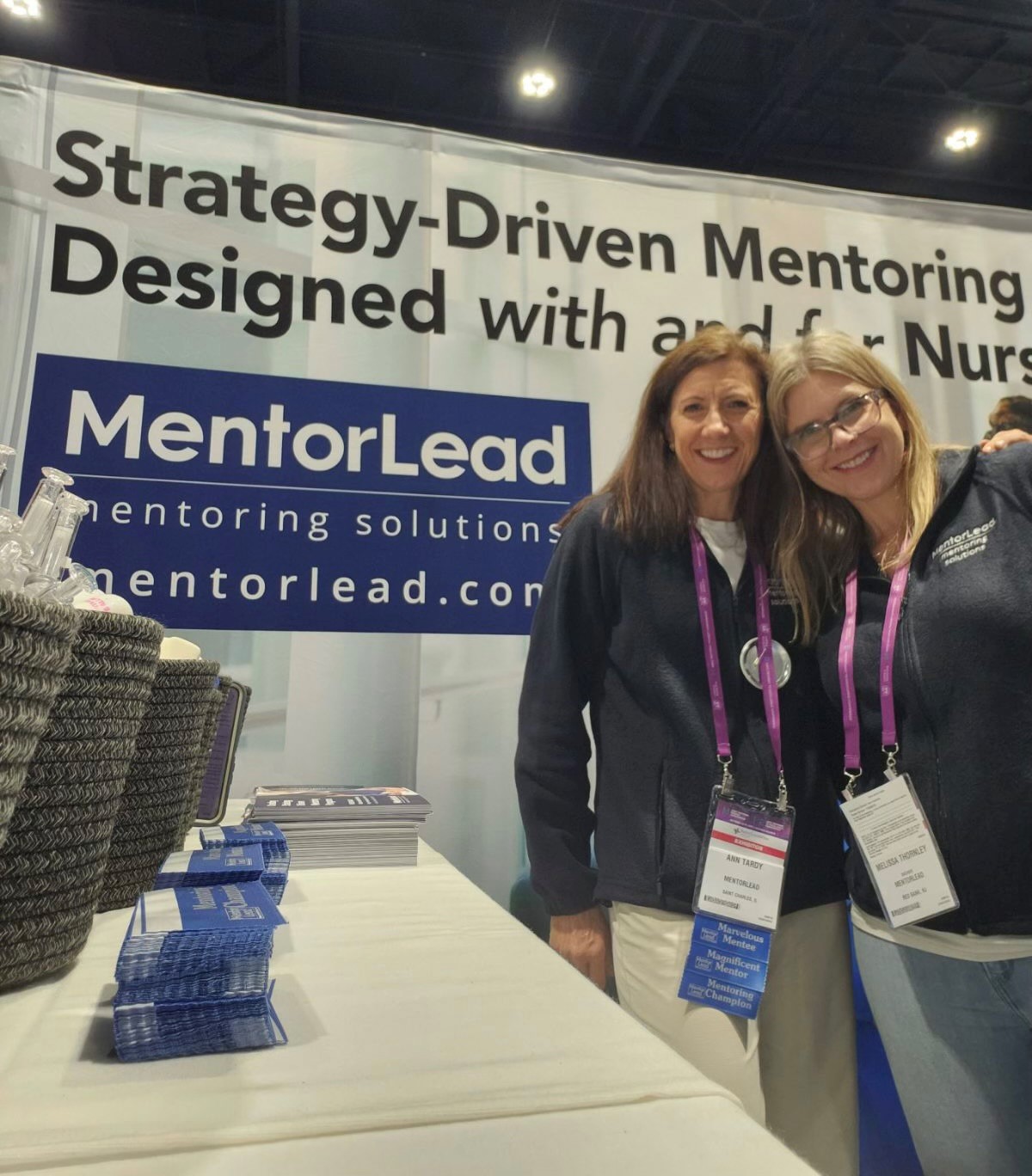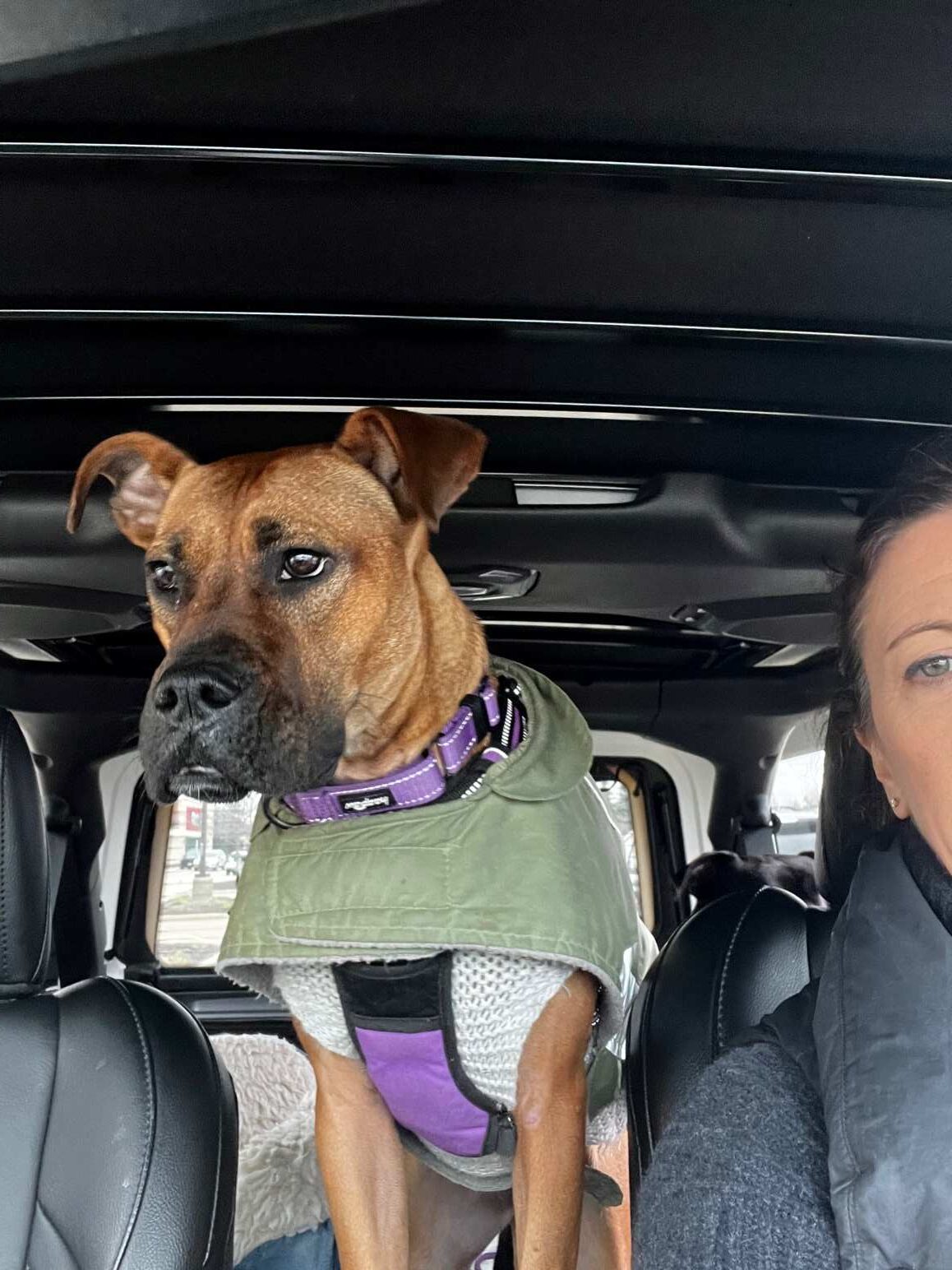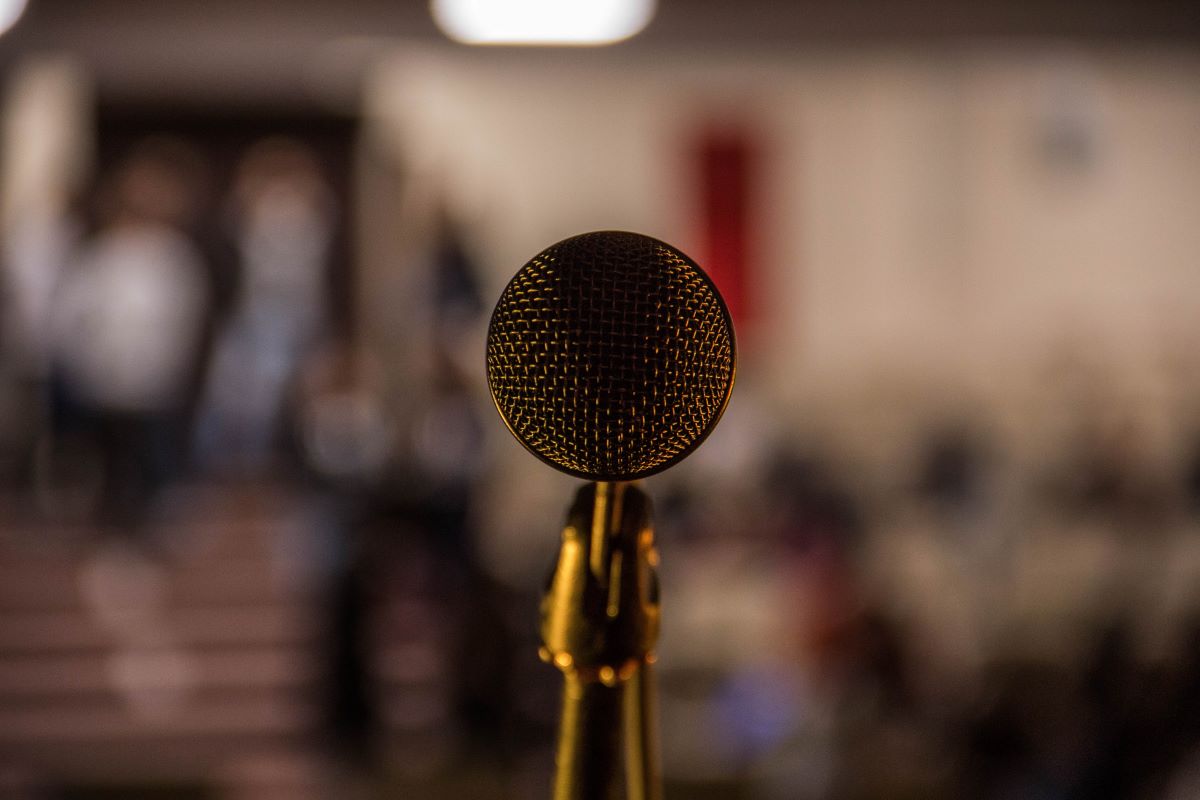
[Flash] Unexpected Mentoring – When Kelly Clarkson Sent Taylor Swift an Idea
|
The backstory: In November 2018, Taylor Swift left her record label so she could create and own her music. But the record label sold the master recordings of Taylor’s first six albums to someone Taylor described as her nemesis.
The challenge: Taylor’s attempts to buy back her recordings from her old record label came with unsavory stipulations. The unexpected mentoring: When Taylor publicly shared her frustration and anger over the situation, she received a tweet from Kelly Clarkson with an idea: @taylorswift13 just a thought, U should go in & re-record all the songs that U don’t own the masters on exactly how U did them, but put brand new art & some kind of incentive so fans will no longer buy the old versions. The pivot: Seemingly energized by Kelly’s unexpected mentoring, Taylor re-recorded her music with brand-new album artwork. As for the “incentive,” Taylor added a series of never-before-heard songs that did not make the original album cut to encourage fans to stream the rereleased version of the album. By doing so, Taylor reclaimed her art and sabotaged others from fully profiting from her master recordings. She has released four of her first six albums, each of which has outperformed the originals. The recognition: Apparently, Taylor sends flowers to Kelly each time she releases one of her re-recorded albums. The unexpecting mentor: Kelly didn’t see herself as a mentor. “Taylor’s a very smart businesswoman. So, she would have thought of it herself.” She didn’t reach out, intending to mentor Taylor formally. Instead, Kelly graciously extended an idea and encouragement out of admiration and respect for Taylor. Unexpected mentoring occurs when someone – without advance planning or even a relationship – provides advice, perspectives, ideas, insights, experiences, or encouragement. No judgment. No expectations. Sometimes, the mentor doesn’t even realize their comment is game-changing, while the mentee only recognizes it in hindsight. When I was interning at a law firm near graduation, a partner made an off-handed remark, bestowing seminal yet accidental advice: “Best thing I ever did was move away from home.” After that unexpected mentoring, I moved to California following law school. If I remembered his name, I, too, would send him flowers – without knowing it, he gave me permission to pivot! Advice matters. © 2023. Ann Tardy and MentorLead. www.mentorlead.com. All Rights Reserved. |







